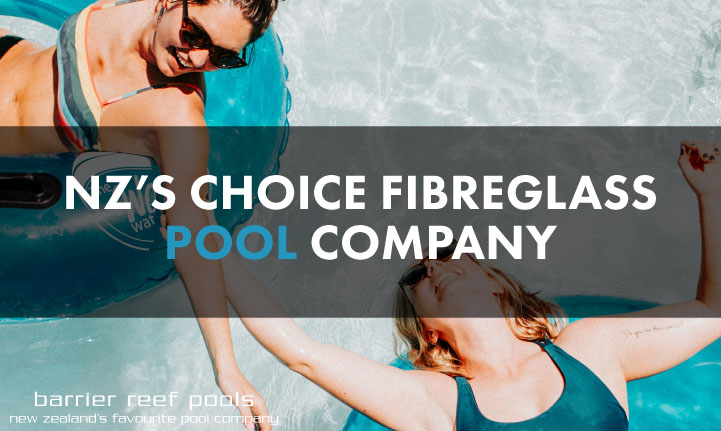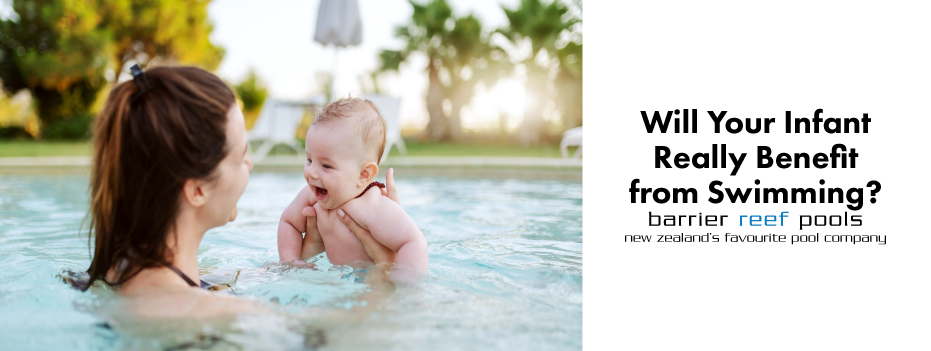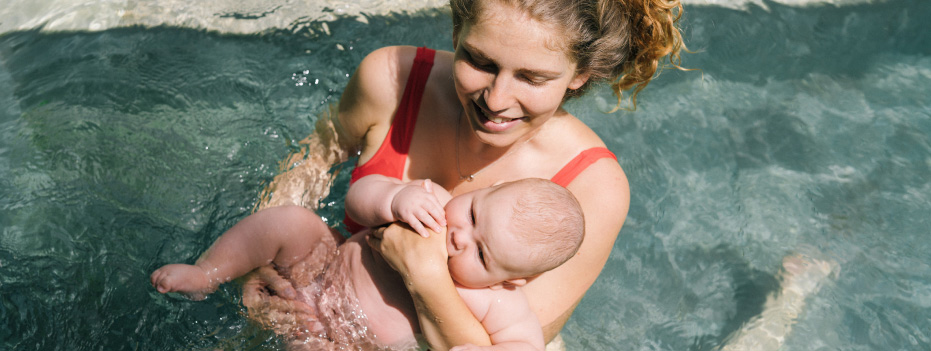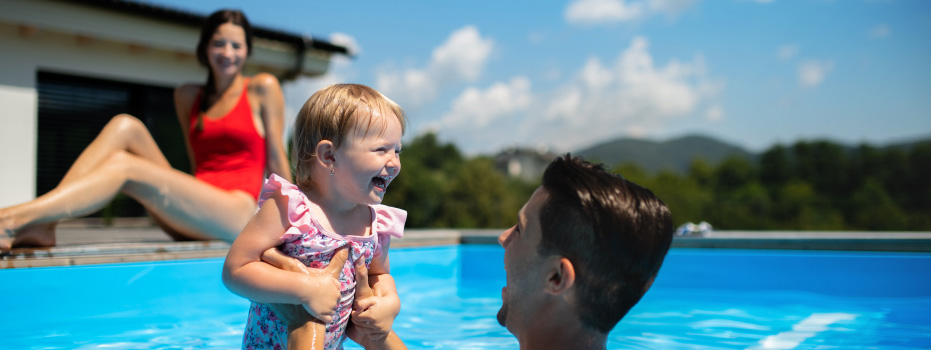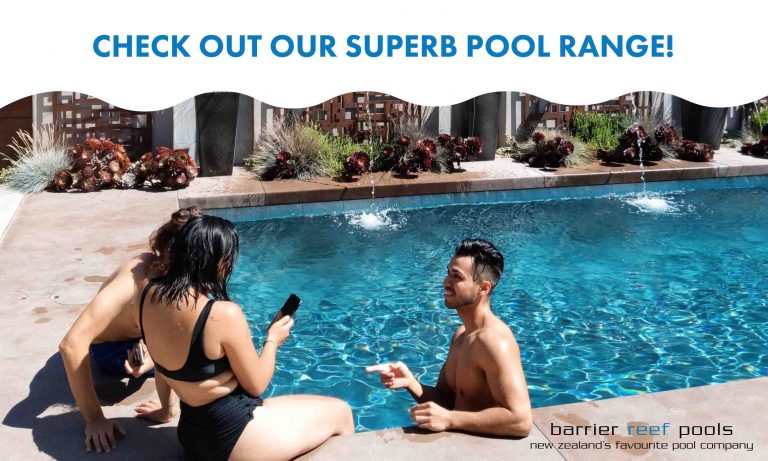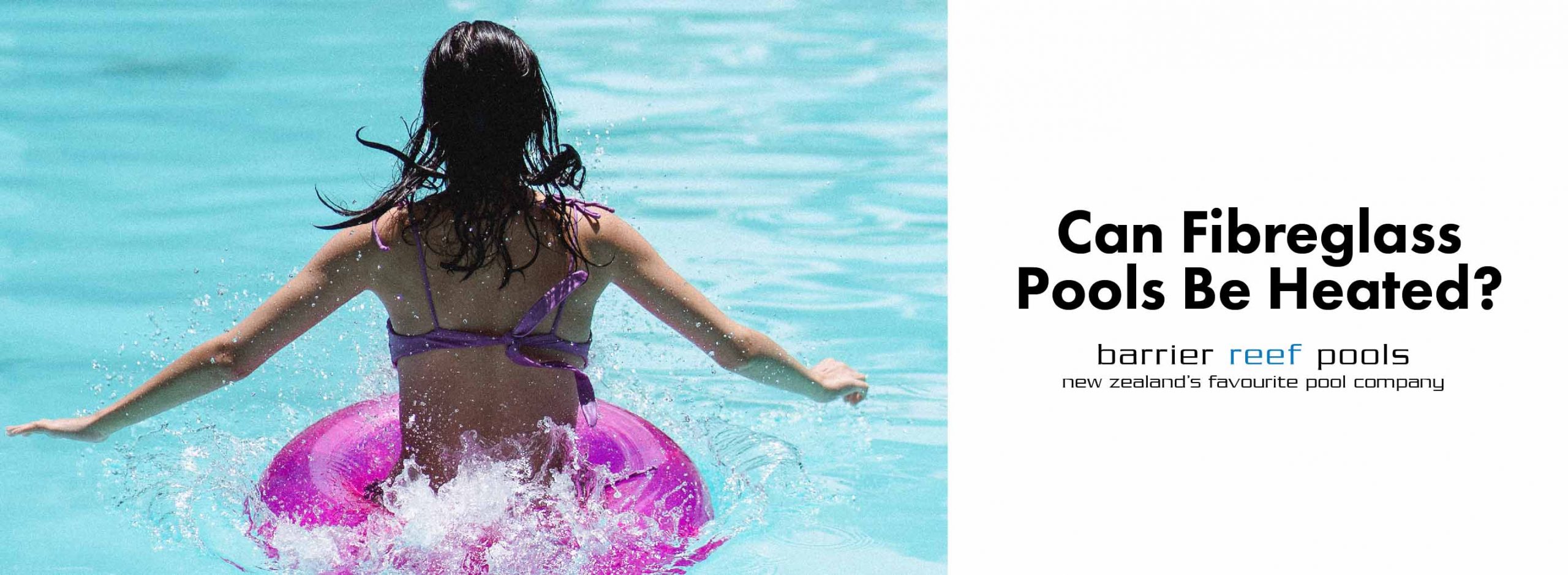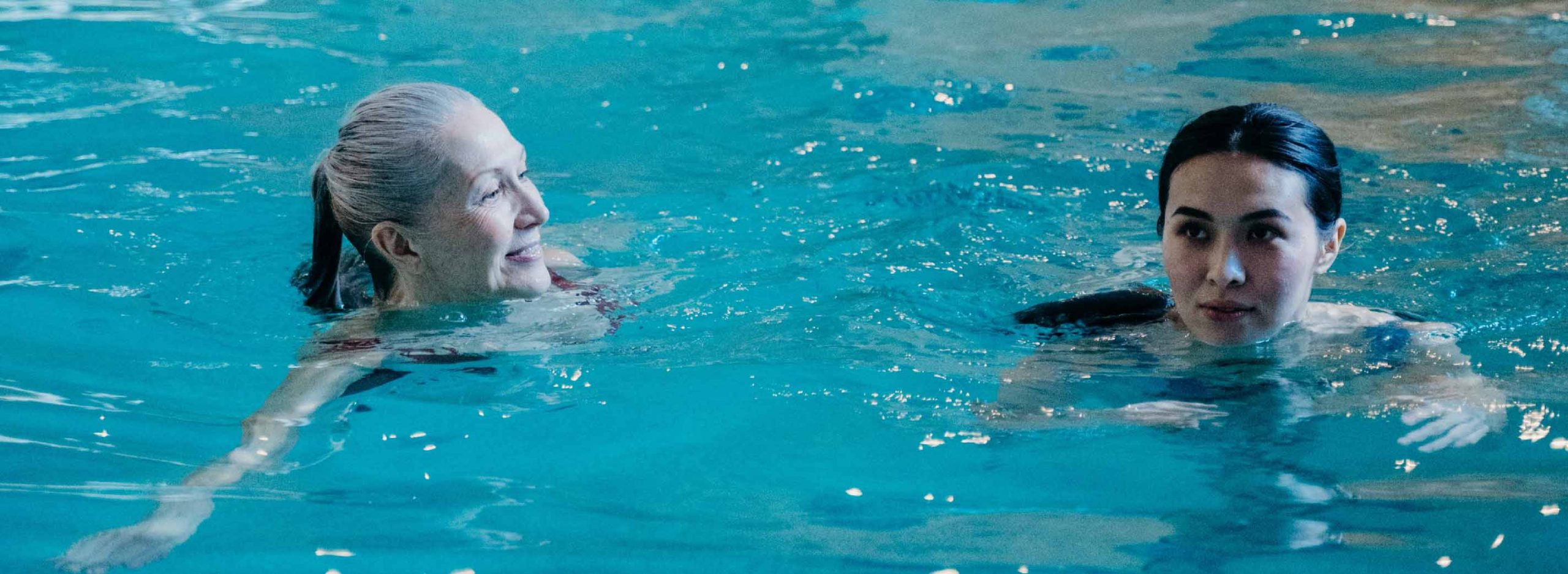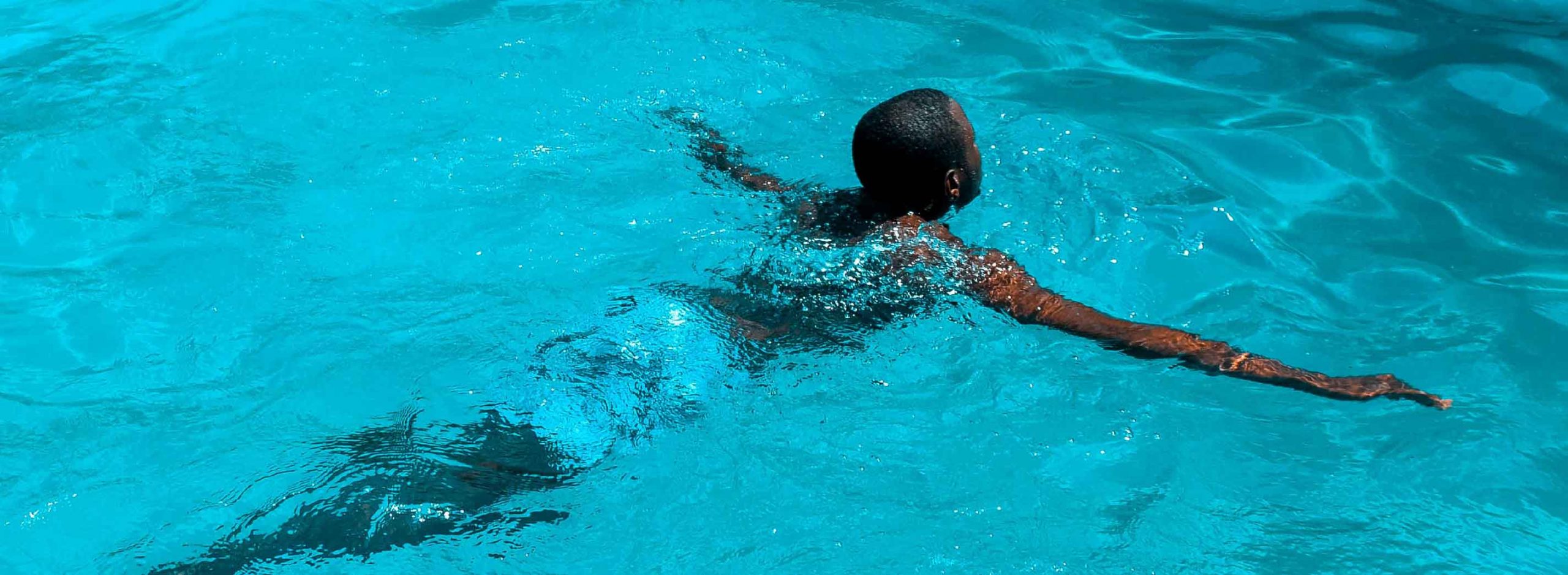Tips For The Perfect Nighttime Swimming
Swimming is an exercise that is beneficial irrespective of the time you do it. It is a low-impact exercise that gets your whole body moving and keeps you fit. A lot of people prefer to swim rather than spend an hour or two sweating in a gym. But many may not find time to go for an early morning swim or even during the day owing to the fast-paced life in today's world. Some may even prefer swimming at night to enjoy the beautiful starry skies while swimming. Whatever the reason for the choice of swimming at night, it is important to follow some tips to make your nighttime swim sessions safe and enjoyable.
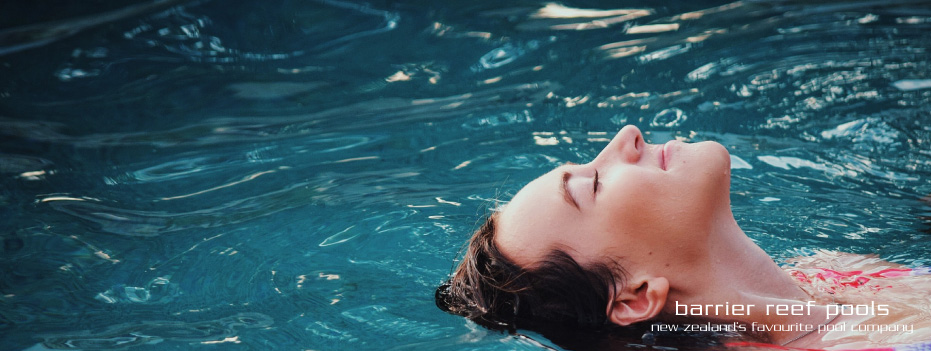
Ways to make your nighttime swimming a perfect experience
Nighttime swimming in itself is an enjoyable experience with the beautiful stars, gentle breeze, privacy, and serene quietness. It is an excellent way to unwind after a stressful day. But you can use some simple tricks to make your nighttime swimming a bit safer and more pleasurable for you and your family. This will also come in handy when you want to organise an evening poolside party.
Lighting
This is the most important thing, be it for nighttime swimming or for a pool party. Good and proper lighting enhances the visibility of swimmers and reduces the chances of untoward accidents. This is especially true if you have kids or pets who might want to join you during your nighttime swim sessions. Place an adequate amount of lighting around your swimming pool so that people can see the pool edges, the decorations you have placed on the pool deck, or even other swimmers.
See how to keep safe around the pool with these tips!
It is advisable to invest in underwater LED lighting so that you will be able to see the bottom of the pool at all times. This will help you in the case of accidents during nighttime swimming. Installing spotlights in the backyard and other locations close to the swimming pool is also a good idea. This will not only benefit the swimmers during nighttime swimming, but it will also help those sitting near the pool keep an eye on the swimmers. This is crucial to enjoying a stress-free swim session.
Keep the pool and pool area warm
Your pool may not feel chilly every night. But it is a good idea to invest in a water heater to help you during the cold nights. Keeping yourself immersed in chilly water at night for a long time can be harmful to your health. It can cause issues like muscle cramps, particularly during the winter. Install a good water heater to keep your pool water warm.
It is also advisable to keep your poolside warm along with your swimming pool. Install a fireplace or a fire pit where you can warm up after a swim on chilly nights. This can also serve as a place for guests to gather and warm up during nighttime pool parties. A fireplace will also increase the overall charm of your pool area.
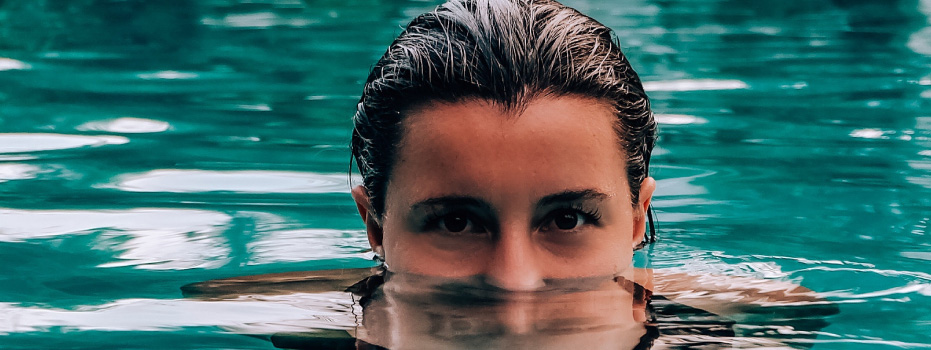
Install pool fence
A pool fence is necessary if you are a regular nighttime swimmer. It will keep both animals and intruders out so that you can peacefully swim at night. Additionally, fencing will keep children from going into the pool area without adult supervision during the night. Many pool owners fear that a fence will ruin the overall look or aesthetic of their pool area. But now, with a variety of pool fences available, you can choose the best one that matches the overall look of your pool. Along with the pool fence, you can also invest in a pool alarm that will alert you in case there is an intrusion in your pool area.
Here is our guide on weekly maintenance for your fibreglass pool!
Drive the bugs out
Bugs can spoil a perfect evening you might have planned by your pool. Luckily, there are numerous approaches to avoid them without using dangerous chemicals. For example, you can experiment with things like mosquito dunks, tiki torches, citronella candles, and pest control lights. There are also some other techniques you can use to keep the bugs at bay. Some of them include:
- Use a ceiling fan or portable fans
- Clean your gutters regularly
- Plant marigolds
- Keep mint teabags on and around the deck
- Build a fire
Play some music
Playing some soothing music is a good way to make your nighttime swim a relaxing and meditative experience. Play some light pop or jazz to have a soothing effect on your mind. Remember to keep the volume low so that you do not disturb your neighbours who are sleeping.

Do pool landscaping
During nighttime swimming, it is ideal to have a bit of privacy, so you should think carefully before choosing the landscaping elements and fencing. People are usually busy throughout the day. So they may not pay much attention to your swimming pool during the daytime. However, during the night, you most definitely do not want to annoy your neighbours or feel as though you are in their direct line of sight. In addition to your regular fencing, plants, trees, and shrubs can be used to make your pool area more private and tranquil. These bushes do a great job of reducing noise and obstructing the view of your swimming pool. Evergreen shrubs and trees are the best choices as they are robust and full. But it is better to keep away from fruit-bearing plants as they can make the pool area a mess.
These are the types of pool covers to consider for your pool!
Avoid swimming sleepy
It is important to remember that you should avoid going for a swim during the night if you are feeling sleepy and tired. When your body is worn out, some muscles might not function properly. Additionally, being drowsy makes it harder for you to think critically, which increases your chances of drowning. You should always let someone know when you are going for a nighttime swim. This will ensure that you will get timely help when needed.
If you’re wondering how long it will take for your fibreglass pool to be installed, see our article on it here!
Wrapping Up
When done right, swimming during the night can be a remarkable and relaxing experience. Many people shy away from swimming at night due to safety concerns. By following proper precautions and using some simple tips, nighttime swimming can be made enjoyable and safe too.

